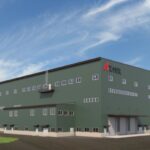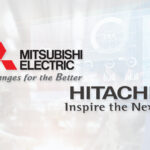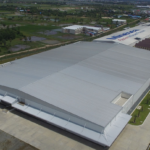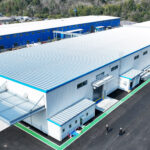ASIA ELECTRONICS INDUSTRYYOUR WINDOW TO SMART MANUFACTURING
DNP to Double Capacity With New Investment
Dai Nippon Printing Co., Ltd. (DNP) will double its production capacity for encapsulating materials, which protect solar cell electrodes and cells, compared to 2023.
The investment amount will be approximately 3 billion yen. Accordingly, the company plans to start operations within 2025.
DNP has been producing encapsulating materials for solar cells at its Izumizaki Plant (Nishi Shirakawa-gun, Fukushima Prefecture) since 2005. By increasing production capacity, the company will respond to the growing market needs for renewable energy. Particularly, in countries and regions that have already mapped out plans of realizing a decarbonized society.
Background of Expansion
Countries and regions are setting policy goals and taking other steps to realize a carbon-neutral society. As one measure to reduce environmental impact, the use of solar power, a renewable energy source, is also progressing. Furthermore, the introduction of solar cells is likely to accelerate.
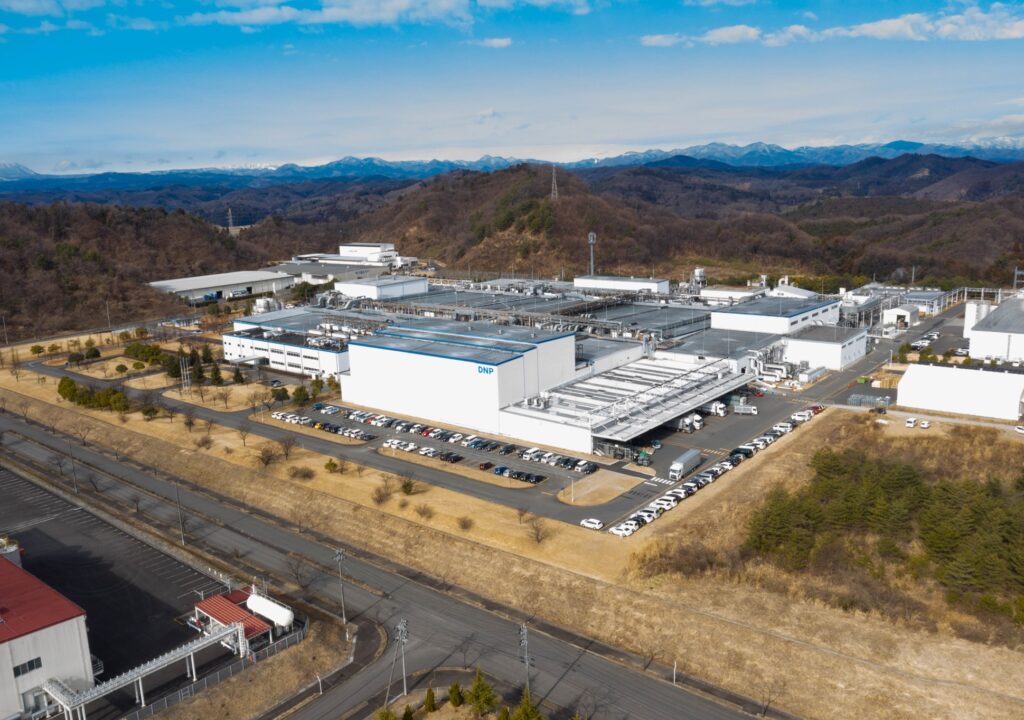
Meanwhile, the global market for solar cells has been growing at an average annual rate of 10-20%.Thus, the world’s cumulative installed capacity will likely growt at around 5.5 terawatts by 2030. What’s more, solar power generation may account for approximately 12% of the world’s electricity demand.*
In order to respond to the growing global demand for solar cells, DNP will now approximately double the Izumizaki Plant’s encapsulating material production capacity.
DNP’s solar cell encapsulant
Solar cell encapsulants are sheets that protect the electrodes and cells inside solar cells. Specifically, it can prevent damage from the external environment, such as moisture, dust, oxygen, and ultraviolet rays.
Moreover, DNP provides olefin resin encapsulation materials for solar cells, which have high power generation efficiency, and are highly regarded for their high quality. This includes barrier properties and long-term reliability. Furthermore, olefins are also environmentally friendly materials, producing almost no harmful gases even when incinerated.
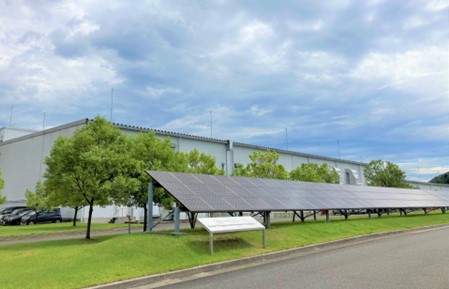
Future developments
In addition, DNP, aside from facility expansion, will advance the development of peripheral components such as “DNP Reflective Sheet for Solar Power Plants”. Therefore, aiming for annual sales of 20 billion yen in the solar cell-related materials business in FY2027.
Notes:
*DNP estimate based on various sources.
15 August 2024

